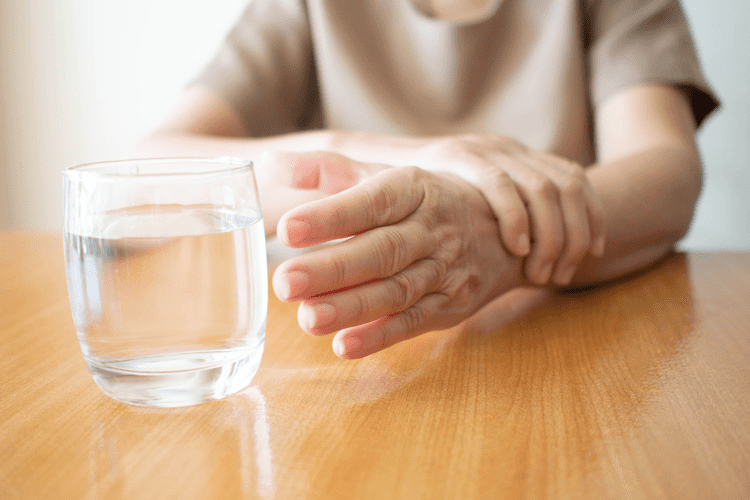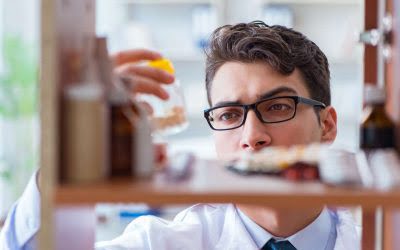As individuals continue to drink alcohol over time, progressive changes may occur in the structure and function of their brains. These changes can compromise brain function and drive the transition from controlled, occasional use to chronic misuse, which can be difficult to control. The changes can endure long after a person stops consuming alcohol, and can contribute to relapse in drinking. It’s extremely difficult, but highly possible, to recover from alcohol use disorder. Many people who seektreatment for alcoholism are able to overcome their addiction. However, a strong support system is necessary to maintain sobriety and live a fulfilling life in recovery.

You can also visit SAMHSA’s treatment locator website, the American Addiction Centers location finder, or, if you have health insurance, call your insurance company for in-network services. For questions about medical detoxification, talk with your healthcare provider. Substance use disorder symptoms are categorized into addiction and withdrawal symptoms. Addiction symptoms are those that indicate a person may be addicted to a substance.
Start exploring addiction rehabs
But treatment and support are available to help those suffering begin to heal. Alcoholism has been known by a variety of terms, including alcohol abuse and alcohol dependence. A common initial treatment option for someone with an alcohol addiction is an outpatient or inpatient rehabilitation program. It can help someone handle withdrawal symptoms and emotional challenges.
Treatment for alcoholismvaries, but all methods are designed to help you attain permanent abstinence and live a more fulfilling life because of it. People who have a dependence on alcohol exhibit some or all of the following characteristics. The metabolism of alcohol (ethanol) primarily occurs in the liver by the enzyme cytosolic alcohol dehydrogenase (ADH). why is alcohol addicting This enzymatic reaction involves the reduction of nicotinamide adenine dinucleotide (NAD+) and produces acetaldehyde as a byproduct. Seth brings many years of professional experience working the front lines of addiction in both the government and privatized sectors. Our proven process can help you find the right rehab for you or your loved one.
Why Is Alcohol More Addictive for Some People?
Some have criticized Alcoholics Anonymous and other 12-step programs because they are rooted in religious ideology rather than scientific principles. The idea that altered forms of consciousness such as mania or alcohol can enhance creativity is a popular belief. Researchers found that participants who had a few drinks were better and faster at creative problem solving than their sober counterparts. The reason may be that alcohol tamps down working memory and therefore sparks people to think outside the box. The harmful use of alcohol can also result in harm to other people, such as family members, friends, co-workers and strangers.

New ways of thinking about how addictions form have the potential to change how we approach treatment. If you think you might have an alcohol problem, discuss it with a healthcare provider. They can offer advice on how to approach your treatment and assist you with the process of detoxing, withdrawing, and recovering from alcohol use disorder.
How Do You Become Addicted to Alcohol?
A byproduct of alcohol being broken down in the liver called acetate can cross the blood-brain barrier and unwind DNA from histones in mouse memory circuits. Although the damage to the GABA pathway is important, a significant consequence of alcohol is its interference with the reward pathway. Alcohol’s major interaction with the reward pathway comes through its stimulation of beta-endorphins, which activates opioid peptides, a chain of amino acids that modify the activity of nearby neurons (4). Alcohol also increases the concentration of neurotransmitter dopamine, which stimulates desire in the body’s reward center, the nucleus accumbens, an area not too far away from the VTA. Simultaneously, alcohol binds to acetylcholine and serotonin (responsible for inhibition) receptors and alters their respective pathways. After pro- longed use, more and more alcohol is needed to achieve the same level of euphoria as before.
- Antidepressants and mood stabilizers can change how DNA is modified and which genes are expressed.
- One of the key reasons, according to the data, is that people continue to participate for years after they have completed the 12-step program.
- Although the damage to the GABA pathway is important, a significant consequence of alcohol is its interference with the reward pathway.
- But where does the college drinking culture come from and where can we draw the thin line between being in control of alcohol and having alcohol control you?
- Alcohol dependence refers to being unable to stop drinking without experiencing symptoms of withdrawal.
